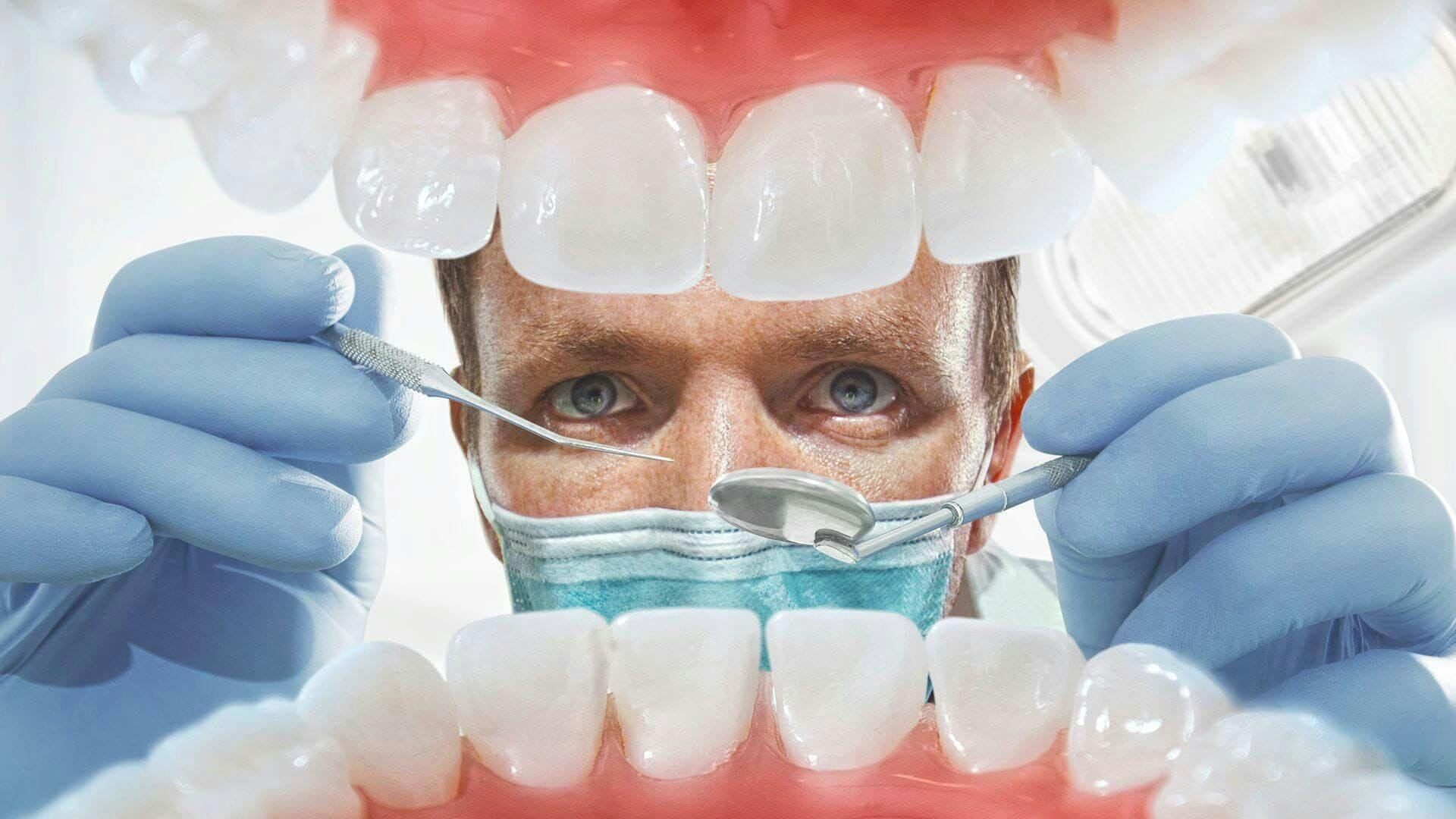Typical Concerns Concerning Oral Veneers Responded To
Dental veneers have actually ended up being a progressively sought-after option for those aiming to boost their smiles, yet lots of people continue to be unsure about numerous facets of their usage. Secret questions often arise pertaining to the application procedure, longevity, and prospective risks related to these cosmetic improvements. The difference in between porcelain and composite veneers can significantly affect one's choice. As we explore these typical inquiries, it becomes important to think about not just the advantages however also the ramifications of selecting oral veneers in search of a more positive appearance. What aspects should one consider prior to making such a decision?
What Are Oral Veneers?
Oral veneers are slim, tailor-made coverings crafted from porcelain or composite material that are designed to cover the front surface area of teeth. These oral prosthetics serve both functional and visual functions, offering a remedy for numerous dental imperfections, consisting of discoloration, chips, spaces, and imbalance. By sticking to the teeth, veneers can significantly improve the general look of a smile, creating a much more uniform and attractive appearance.
Porcelain veneers are specifically favored for their natural clarity and tarnish resistance, making them a perfect choice for individuals looking for lasting outcomes. In contrast, composite resin veneers are usually less costly and can be used in a solitary see, yet they might not supply the very same longevity as porcelain choices.
The decision to choose for oral veneers frequently stems from a wish for aesthetic renovation, however individuals ought to likewise consider variables such as the durability of the product, maintenance demands, and the possible need for tooth decrease (Low Cost Veneers). Inevitably, dental veneers represent a versatile and effective remedy for achieving a radiant smile, catering to private aesthetic requirements while promoting self-confidence and self-confidence
Exactly How Are Veneers Applied?
The application procedure for veneers needs mindful preparation and precision to make sure optimal results. The treatment usually begins with an extensive appointment, where the dental professional evaluates the client's oral wellness, goes over preferred results, and establishes the proper sort of veneers, whether porcelain or composite resin.
As soon as the treatment plan is established, the dentist prepares the teeth by eliminating a thin layer of enamel, usually about 0.5 mm to 1 mm, to suit the veneer. This action is important as it ensures a correct fit and avoids the veneers from appearing cumbersome - Porcelain Veneers Washington DC. After prep work, impressions of the teeth are required to create custom veneers that match the person's special dental structure and aesthetic preferences
While the permanent veneers are being produced in an oral research laboratory, short-term veneers might be placed to safeguard the ready teeth. When the permanent veneers prepare, the dental professional will thoroughly bond them to the teeth using a strong oral adhesive. Last modifications are made to make certain correct placement and attack, adhered to by brightening for an all-natural appearance. The process culminates in a follow-up consultation to keep an eye on the veneers' fit and the client's contentment with their brand-new smile.
What Are the Perks?

In addition, veneers are known for their longevity and resistance to staining compared to natural teeth. Made from top notch products such as porcelain or composite resin, they can preserve their look for many years with appropriate treatment. This longevity makes them a practical investment in one's dental look.
Along with visual enhancements, veneers can also add to boosted oral wellness. By covering damaged or deteriorated teeth, they can provide added support and security, helping to avoid additional degeneration or damage. This safety aspect can reduce the requirement for a lot more comprehensive dental treatments in the future.

For How Long Do They Last?
With correct care and maintenance, dental veneers can last anywhere from 10 to 15 years, making them a long-lasting solution for improving one's smile. The durability of veneers mostly depends upon the product made use of, the top quality of the initial placement, and the patient's adherence to oral hygiene techniques.
Porcelain veneers are recognized for their resilience and resistance to discoloration, normally lasting closer to the 15-year mark when looked after suitably. Composite veneers, while much more affordable, may call for replacement faster, commonly within 5 to one decade because of their susceptibility to wear and staining.

In addition, wearing a mouthguard during sporting activities or nighttime can offer added defense. Eventually, while veneers provide a significant visual improvement, their longevity is dramatically influenced by the dedication to correct dental care and regular assessments with a dental specialist.
Are There Any Threats?
Thinking about the transformative results of dental veneers, it is necessary to recognize the prospective threats related to their application. While veneers can boost the look of teeth, the treatment involves the removal of a thin layer of enamel, which can boost tooth sensitivity and vulnerability to degeneration.
One considerable threat is the possibility of incorrect positioning or fitting, leading to discomfort, bite imbalance, or even damages to the underlying tooth framework. Additionally, if the veneers are not kept correctly, they can become stained or damaged in time, requiring replacement.
People may also experience sensitive responses to the products made use of in the veneers, especially if they have sensitivities to certain dental composites. While veneers are durable, they are not undestroyable; extreme force from squeezing or grinding can lead to cracks.
It is vital for people to talk to a certified oral specialist to evaluate their specific threats and to adhere to aftercare instructions carefully. By comprehending these dangers, people can make informed choices concerning their oral veneer treatment and make certain the durability and success of their enhancements.
Conclusion
In recap, dental veneers represent a useful cosmetic solution for improving smiles, with factors to consider regarding their application, benefits, durability, and linked dangers. Their effectiveness is influenced by factors such as the option of product, with porcelain offering exceptional durability compared to composite options. Correct treatment and upkeep are vital to take full advantage of the life-span of veneers. Ultimately, notified decision-making concerning oral veneers can bring about sufficient aesthetic outcomes and boosted dental wellness.
Dental veneers are thin, custom-made coverings crafted from porcelain or composite material that are created to cover the front surface of teeth. After preparation, impacts of the teeth are taken to create customized veneers that match the client's special oral framework and visual choices.
While the permanent veneers are being fabricated in a dental laboratory, short-lived veneers may be put to shield the prepared teeth. When the long-term veneers are ready, the dental professional will meticulously bond them to the teeth using a solid dental adhesive. Eventually, notified decision-making regarding oral veneers can lead to adequate visual end results and improved oral wellness.
Comments on “Accomplish a Flawless Look with High-Quality Dental Veneers in Washington DC”